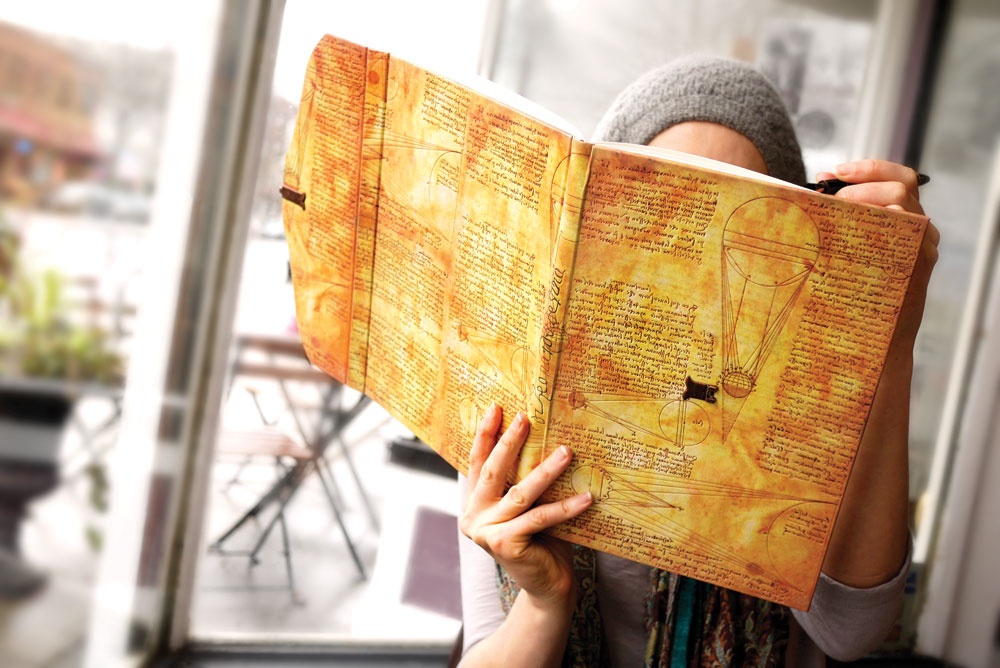Once Upon a Time…
Readers shouldn’t judge your book by its cover, but a bad opening line can turn someone off an entire novel. Think of this sentence as you would a first impression. You need to convey something about yourself: what you represent, the tone of your personality and whether or not you seem like a good person with whom to spend some time. The opening of a book operates in much the same manner. That first sentence must set up the journey the story is about to take and also establish your voice as the author.
It Was the Best of Times, It Was the Worst of Times…
The opening to Charles Dickens’ A Tale of Two Cities is iconic for many reasons. Not only does it hint at the novel’s central tension between togetherness and hatred, but it also sets up the main motifs of doubles and repetition. It’s difficult to try and create one line that can so succinctly establish a story’s themes as well as be a unique and memorable sentence in its own right, and for this reason your opening line should always warrant a second and third look.
Many authors, like mystery novelist Stephen King, spend months crafting the perfect beginning to a story. This is not because they haven’t figured out the rest of the novel, but because they recognise the importance of hooking the reader from the very first opportunity. Don’t be afraid to move on from writing the opening line as you develop the rest of your character’s journey. It may not be until the arc is complete that you can truly understand where it needs to begin.
They Threw Me Off the Hay Truck About Noon…
An age-old piece of advice writing teachers offer is to open up a book to a random page to see how the author engages the reader’s interest in the heart of the story. The same practices you use in chronicling the most dramatic situation should be in place when crafting your opening line. Like the “hook” of a pop song, the opening line should not be exposition or back story but should plunk you down right in the centre of the action (or, as close to that as possible without leaving out key information).
The opening line to James M. Cain’s The Postman Always Rings Twice is a classic example of an author not risking boring their reader with extraneous information or indulgent commentary. As soon as you begin Postman you are thrown right into the middle of not only the story’s universe but the tale itself. The simple sentence works beyond place-setting and alludes to the narrator’s station in life and to the author’s no-frills style, as well.
It Was a Dark and Stormy Night…
Of course, for every great opening line there is a truly terrible one, and there is no phrase more hacky and often mocked than the one beginning Edward Bulwer-Lytton’s 1830 novel Paul Clifford.
It was a dark and stormy night; the rain fell in torrents — except at occasional intervals, when it was checked by a violent gust of wind which swept up the streets (for it is in London that our scene lies), rattling along the housetops, and fiercely agitating the scanty flame of the lamps that struggled against the darkness.
It’s too bad, really, because the first seven words actually set the mood pretty clearly. If Bulwer-Lytton hadn’t gone on at length about just how dark and stormy that night was, he probably would not have earned his place in infamy as a the archetypal example of melodramatic prose. So over-indulgent is the beginning to Paul Clifford that it has inspired a well-known and popular annual contest to create the most “wretched” opening sentence possible. The Bulwer-Lytton Fiction Contest celebrates everything wrong in storytelling, from unnecessary adverbs to graphic descriptions of the most mundane circumstances. Read through 2013’s Contest Winners for some hilarious examples of how not to get your novel started.
Opening lines like the ones beginning A Tale of Two Cities and The Postman Always Ring Twice work because they are concise and memorable. They remain easily quotable, even for people who haven’t read the works from which they come, and immediately call to mind a specific place, time and character. Which opening lines have stayed with you long after you have finished reading?








